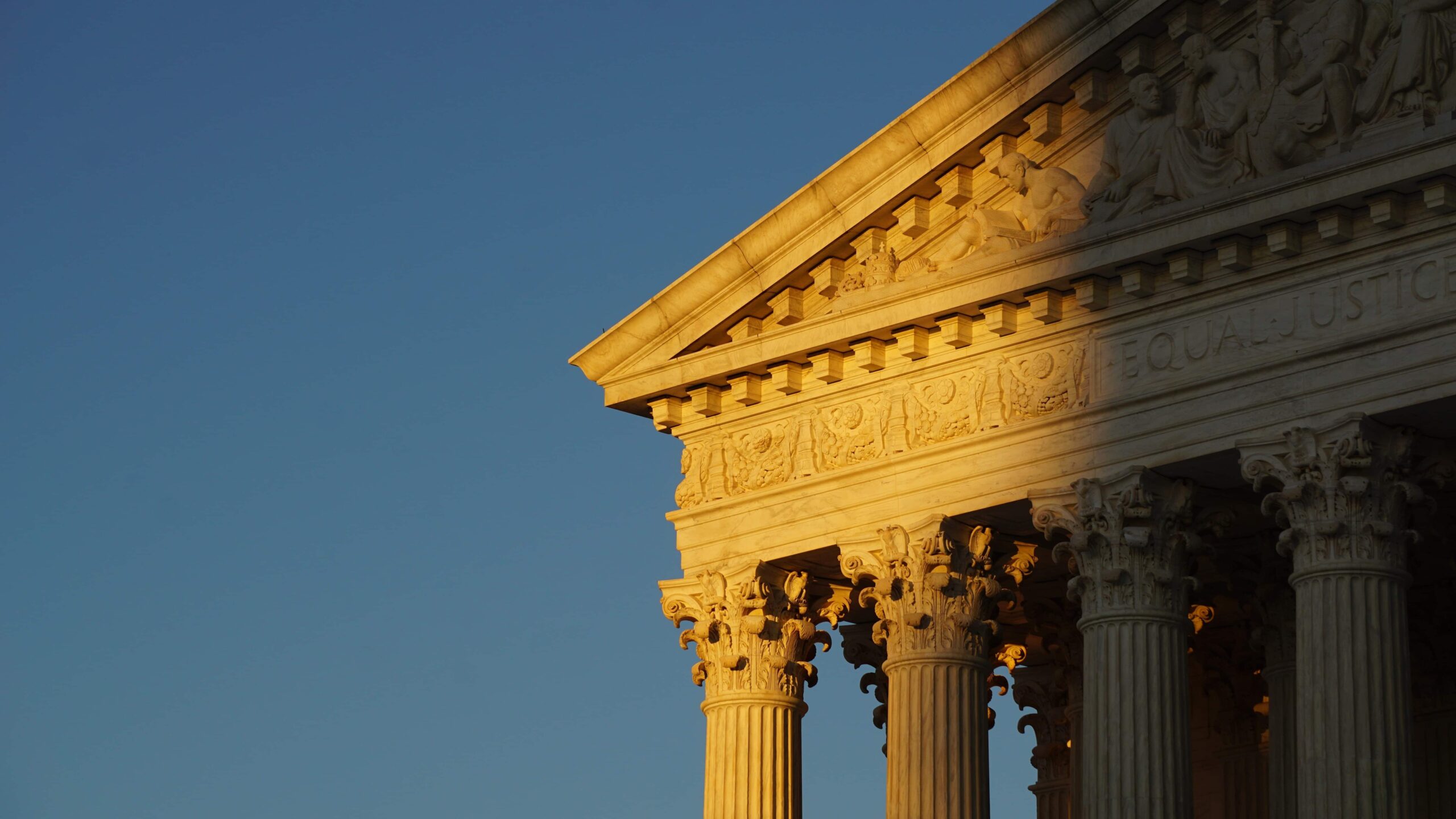The Internet as we know it hinges on the outcome of an upcoming United States Supreme Court case you may not have heard of.
In the case of Gonzalez v. Google, which was heard by the Supreme Court this week, the question before the Court is whether or not service providers should be held liable for third-parties’ content on their platforms in cases where providers are using software tools (“algorithms”) to organize and present content to its users.
Since the 1990s, Section 230 has protected providers—and individuals—from significant legal liability for illegal content posted online by other people. Depending on the outcome of this case, the Court could change Section 230 and limit what it protects, which could have grave consequences on how we all use the Internet.
What is Section 230?
Section 230 was enacted in 1996. At the time, some lower courts in the United States were threatening the ability of Internet service providers and other online providers to carry the speech of individuals without risking significant legal liability for the content of the speakers. For example, if illegal user-generated content was posted to a forum, the forum organization could be held responsible despite not being involved in the creation of the content.
This legal risk for services providers threatened the ability of the general public to post content online and participate in a global conversation, and also increased the challenges faced by innovators trying to build new online services.
By enacting Section 230, Congress sought to address those liability concerns, and to ensure that individuals would be able to participate in the new and innovative Internet that was just emerging in the 1990s. Section 230 declares that participants in the Internet ecosystem (whether service providers or individual people) will not be held liable for illegal content posted online by other people.
In doing so, it has been widely recognized as one of the most important laws contributing to the success of the Internet. In the years since, many other countries adopted similar intermediary liability regimes to ensure their regions would have the same opportunities to use the Internet to its full potential. Stanford University’s WILMAP has a good overview of different approaches worldwide.
How could this impact the Internet?
One side in the Supreme Court case argues that online companies should only be able to use “traditional editorial functions” (such as the human review of the content) to organize the vast amount of content on the Internet.
Such a holding would violate what Congress intended. Congress understood that the amount of online content would far exceed what a group of human editors could possibly review. Algorithms are critical to the operations of many layers of the Internet and, in particular, they are crucial for the operation of large social media or online platforms that carry massive amounts of information every day.
We shared our views with the Supreme Court through an amicus brief stating that Section 230’s protections are essential for many different types of service providers on the Internet, from Internet service providers (ISPs) to anti-virus software companies. Without Section 230, the ability of individuals and non-profit organizations to be online would be seriously threatened.
How could this impact you?
Try to think of all the different services and platforms you interacted with while on the Internet today. In less than five minutes, you may have accessed your email, posted on social media, looked for an answer to a question with a search engine, saved a favorite website to your web browser, sent a direct message on a messaging app—and those are just a handful of the providers you consciously interfaced with. Now consider that for each of those you also interacted with intermediaries “under the hood”—DNS providers, hosting providers, domain registrars, payment services, your ISP, and so on.
In no time at all, you could have used the services of over 10 different providers. All of these providers would face new and uncertain legal risks if Section 230 is altered, and in response they may decide to drastically alter what they allow you to do, how long it takes to do something, and whether you can do anything without invasive monitoring online.
Ultimately, they could just decide it’s too risky and expensive to stay operating and halt services altogether.
Say goodbye to being able to freely post content and interact with other users on the Internet.
I’m not in the United States—does this matter for me?
Yes!
While the immediate fallout from dismantling Section 230 would be felt by U.S. Internet users and providers, rulings that harm the Internet can have a far-reaching impact as governing bodies around the world can be influenced by one another. The open, globally connected Internet is borderless.
For instance, we have seen many countries attempt to create censorship and filtering policies that resemble those of countries like Russia, China and Iran, which have effectively splintered themselves from the global Internet. Alternatively, countries like the U.S., U.K., Australia, and Canada are drawing inspiration from each other’s policy approaches to tackle online safety, several of which include significant threats to safety and privacy for both the Internet and everyone that uses it.
The shockwaves of policies that affect the Internet so drastically do not stay within the originating country’s borders. Even if your country doesn’t make the same policy changes, the U.S. service providers you’re accustomed to interacting with (many social media sites, search engines, etc.), may make sweeping service changes to avoid liability at home.
What can you do?
Join the conversation online. Learn more about Section 230, reach out to your local politicians expressing your concerns on this matter. Many other organizations have filed their own amicus briefs and we could all use your support. After all, the Internet is for everyone.
Image source: Ian Hutchinson via Unsplash

